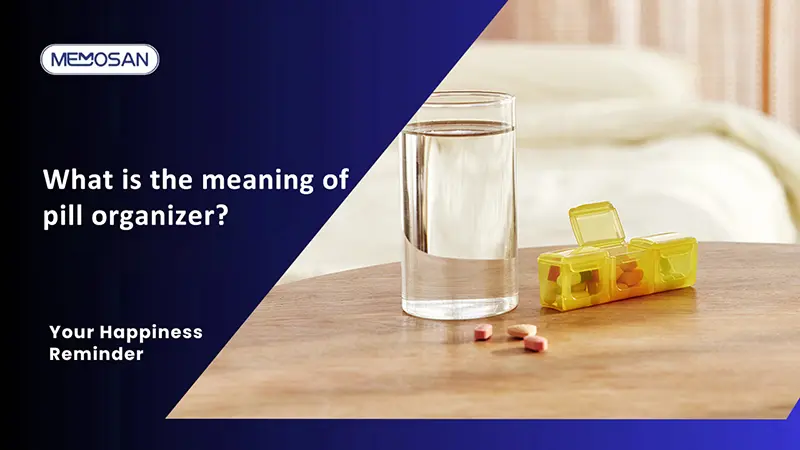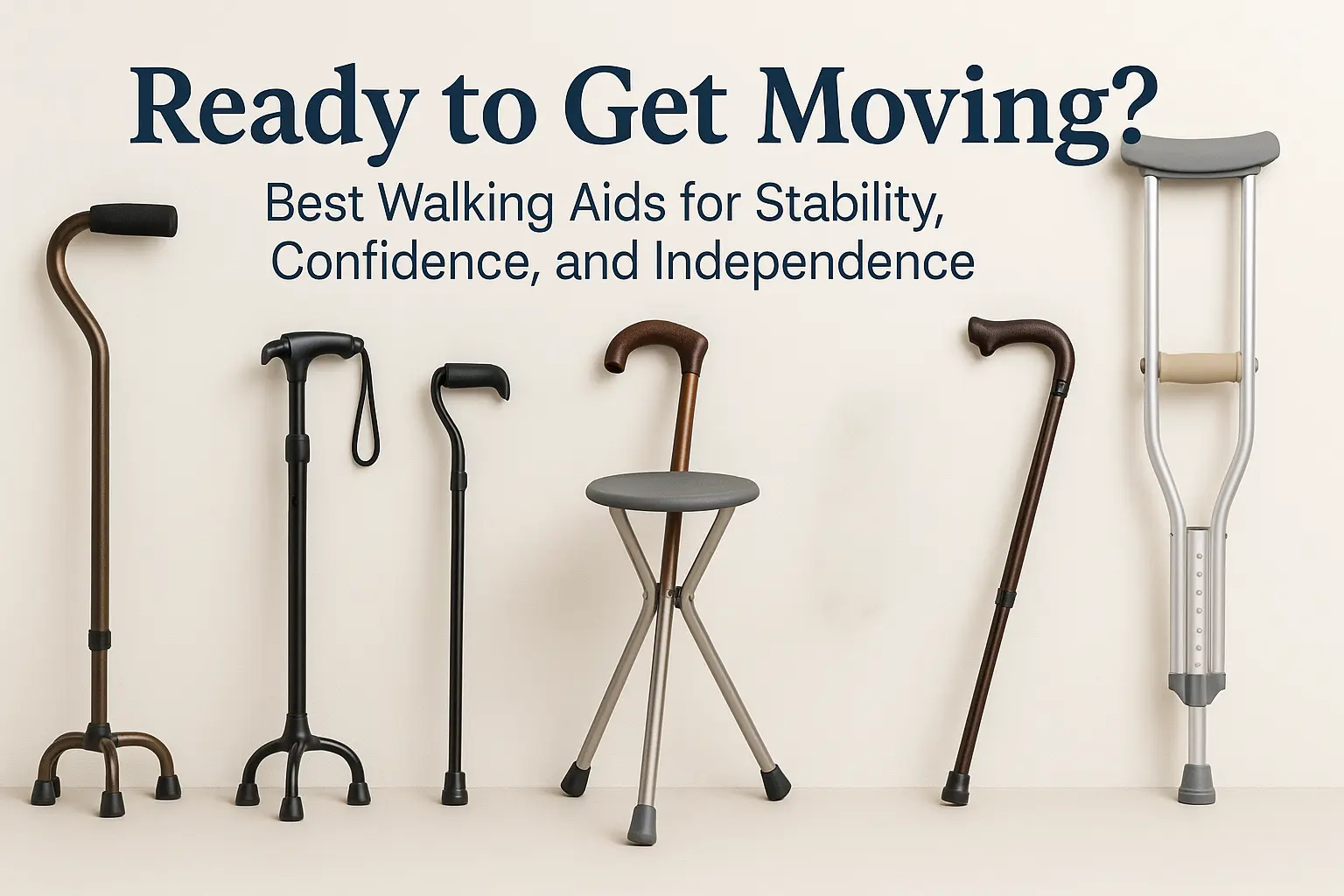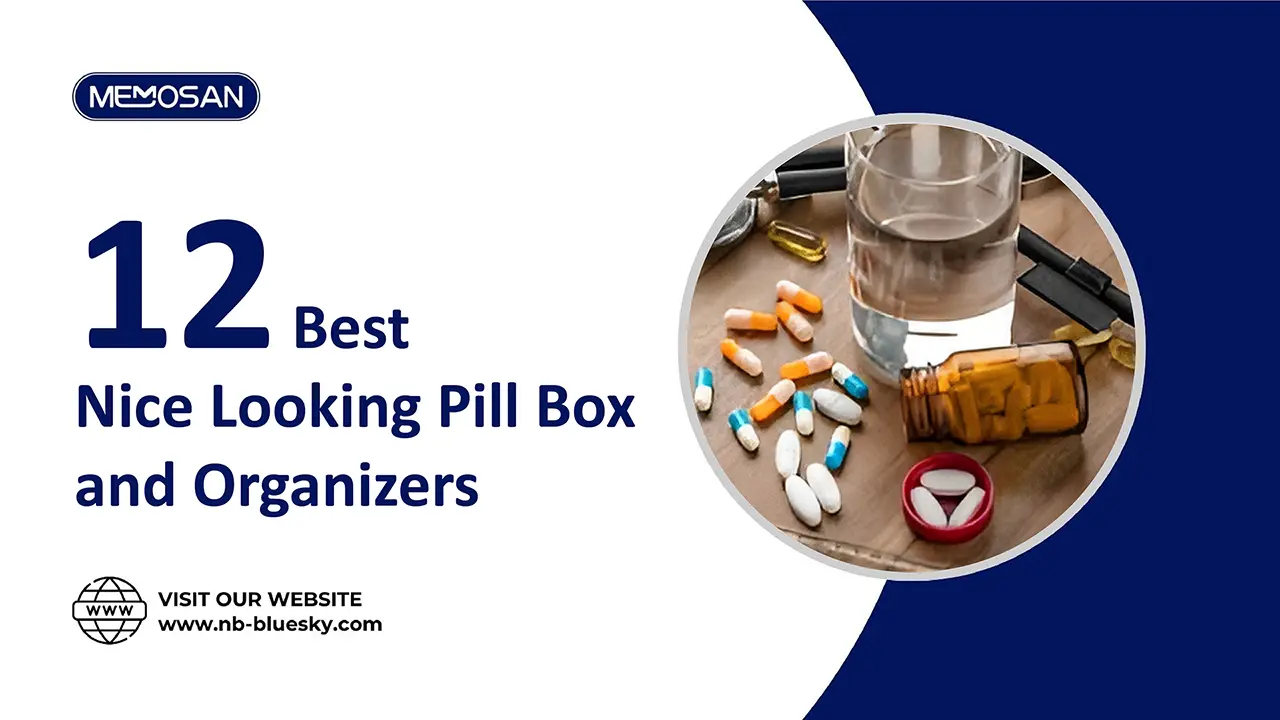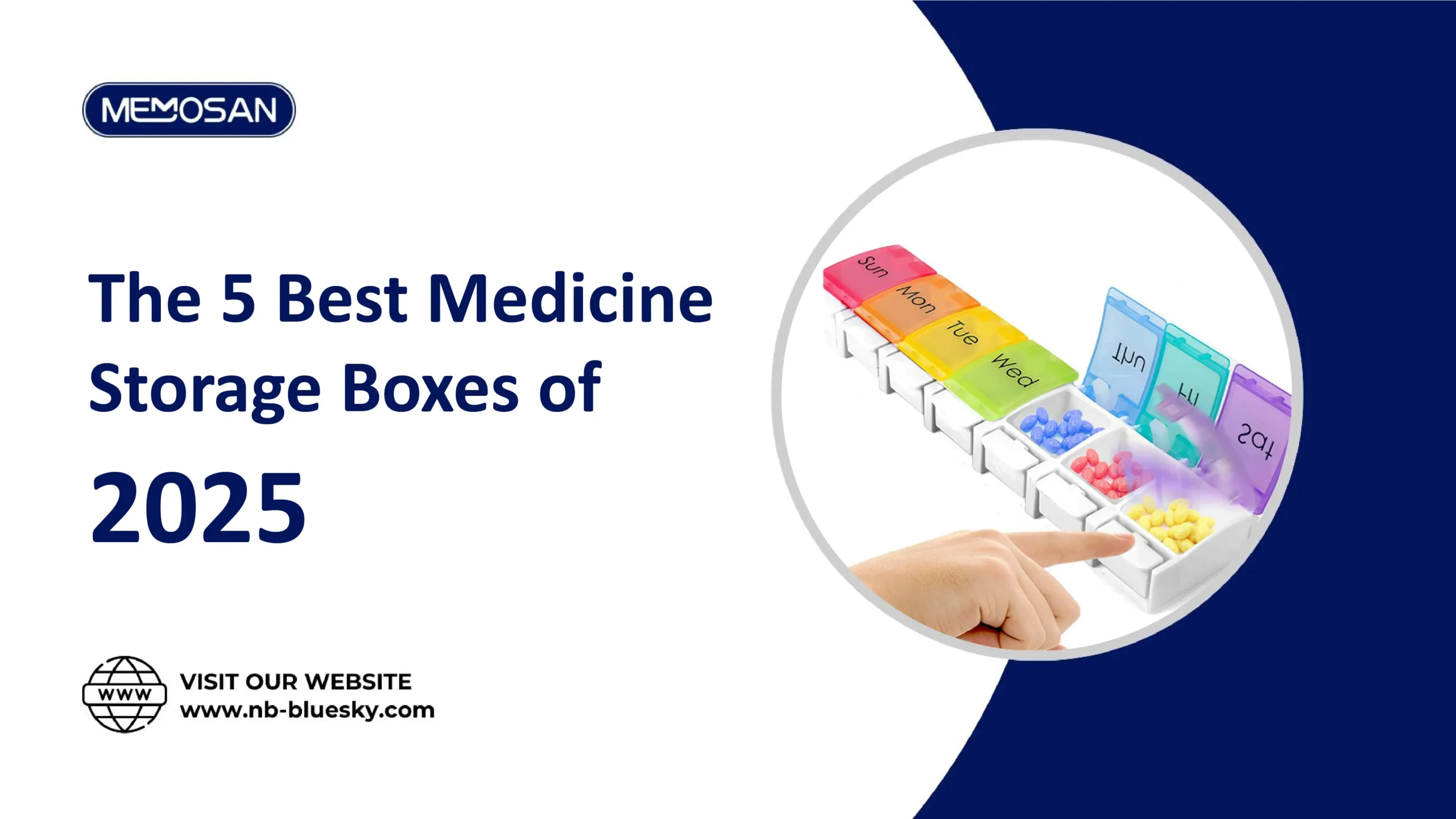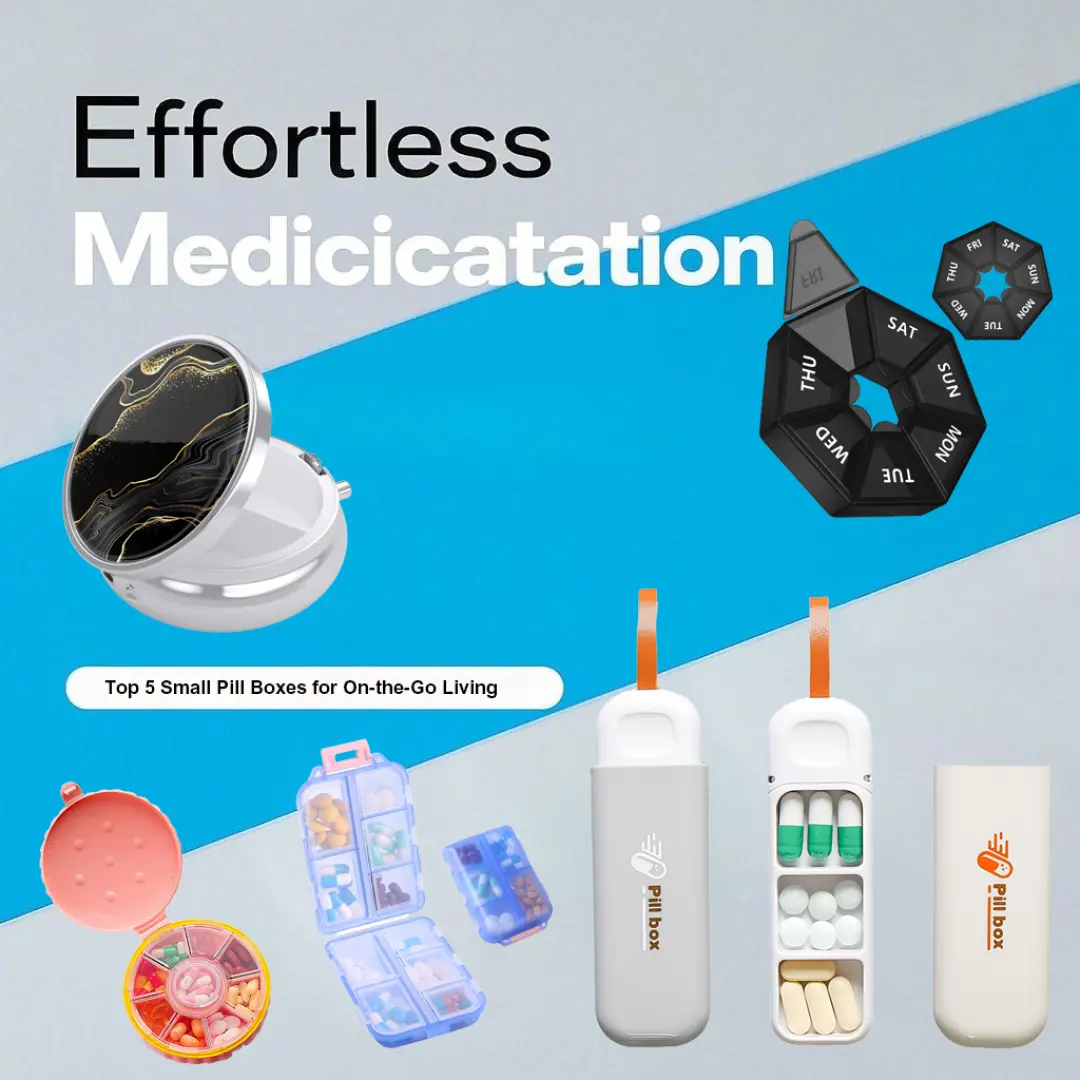A pill organizer, also known as a pill container, pill case, or pillbox, is a multicompartment compliance aid designed to store scheduled doses of medications. This tool is crucial for managing medication regimens, especially for those taking multiple medications daily. By ensuring the correct doses are taken at the right times, pill organizers help improve medication adherence and overall health outcomes.
Benefits of Using a Pill Organizer
Medication Adherence
Convenience
Pill organizers provide a convenient way to manage medications. They eliminate the need to open multiple bottles each day, saving time and reducing the likelihood of errors. For those with mobility issues or arthritis, a pill organizer can significantly ease the process of handling medications.
Portability
For individuals who travel frequently or have an on-the-go lifestyle, pill organizers offer portability and peace of mind. Compact and lightweight, they can easily be carried in a purse or bag, ensuring that medications are always accessible.

One of the primary benefits of using a pill organizer is improving medication adherence. Many people, especially older adults, have complex medication schedules. A pill organizer simplifies this process by sorting medications into daily or weekly compartments, reducing the risk of missed or double doses.
Types of Pill Organizers
Daily pill organizers have compartments for each day of the week. They are ideal for individuals who take medications multiple times a day. Some daily organizers have additional features, such as alarms or compartments for different times of the day (morning, noon, evening, bedtime).
Weekly pill organizers are designed for those who take medications once a day. These organizers have seven compartments, each labeled with a day of the week. They are simple to use and perfect for ensuring that a week’s worth of medication is correctly managed.
For individuals with a highly structured medication regimen, monthly pill organizers are available. These organizers have compartments for each day of the month, providing an overview of the entire month’s medication schedule. This type is particularly useful for caregivers managing medications for patients with chronic conditions.

Choosing the Right Pill Organizer
Size and Capacity
When selecting a pill organizer, consider the size and capacity. Ensure that the compartments are large enough to hold the medications you need. If you have large pills or multiple medications, opt for a pill organizer with larger compartments.
Material and Durability
Pill organizers are typically made of plastic, but the quality can vary. Look for a sturdy, high-quality organizer that can withstand daily use. Some organizers are made with BPA-free plastic, which is safer for storing medications.
Additional Features
Modern pill organizers come with a range of additional features, such as alarms, reminder apps, and locking mechanisms. These features can enhance the usability of the organizer and provide added peace of mind. Alarms and reminders are particularly useful for those who have difficulty remembering to take their medications.
Maintaining Your Pill Organizer
Regular Cleaning
It’s essential to clean your pill organizer regularly to prevent contamination. Use warm, soapy water and ensure the organizer is completely dry before refilling it with medications.
Check for Wear and Tear
Inspect your pill organizer periodically for signs of wear and tear. If the compartments no longer close securely or if the plastic is cracked, it’s time to replace the organizer to ensure your medications remain safe and secure.
By understanding the benefits, types, and maintenance of pill organizers, American consumers can make informed decisions to improve their medication management. Whether for daily use or travel, a well-chosen pill organizer can significantly enhance health outcomes and simplify the complex task of medication adherence.

